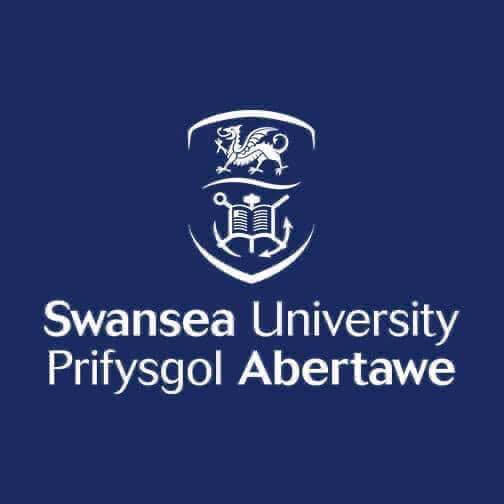fees waived
Mathematics for Finance, BSc (Hons), with industry placement
Swansea University, United Kingdom
Ranking in UK
Mathematics
Mathematics
Mathematics
Costs
food & rent S$17.1K / year
Entry requirements
Scholarships
Limited quantity
Limited quantity
Limited quantity
Limited quantity
Limited quantity
Information
Code
Code
Intakes
Website (External)
Programmes
Information
Duration
2030
Mathematics stands as the most universal discipline, a timeless global language essential in today's data-centric world. The four-year BSc Mathematics for Finance with a Year in Industry at Swansea University allows students to delve into financial mathematics alongside a broad spectrum of mathematical topics. Delivered in the state-of-the-art £32.5m Computational Foundry, the programme builds skills in logical reasoning, data analysis, and communication, preparing graduates for high-demand careers in actuarial science, finance, IT, and beyond. Mathematics graduates typically earn 50% more than average, with opportunities enhanced by a third-year industrial placement, available locally, nationally, or internationally.The curriculum covers foundational areas like calculus, algebra, statistics, and advanced topics such as probability, financial mathematics, and differential equations, reflecting faculty expertise. In the final year, students undertake a dissertation in financial mathematics. Assessment combines exams, assignments, presentations, and independent projects, fostering critical thinking and practical application, all while ensuring strong support for personal and academic development.
In Year 1, you will typically have the opportunity to study areas including: applied statistics; computational methods (with Matlab); geometry; introductory analysis; introductory calculus; foundations of algebra; introductory linear algebra; methods of algebra and calculus. In Year 2, you will typically have the opportunity to study areas including: game theory and optimization; groups and rings; numerical methods (with Matlab); probability; real analysis and metric spaces; vector calculus and measure theory; vector spaces; further methods of algebra and calculus. You will spend Year 3 on an industrial placement, putting your skills into practice and greatly enhancing your employability. This can be taken locally, nationally or overseas. In Year 4, you will typically have the opportunity to study areas including: applied algebra: coding theory; biomathematics; complex variables; differential geometry; partial differential equations; financial mathematics; numerical analysis; stochastic processes; analytical dynamics; functional analysis; higher algebra. You will also complete a dissertation in the mathematics of finance.
A local representative of Swansea University in Singapore is available online to assist you with enquiries about this course.

